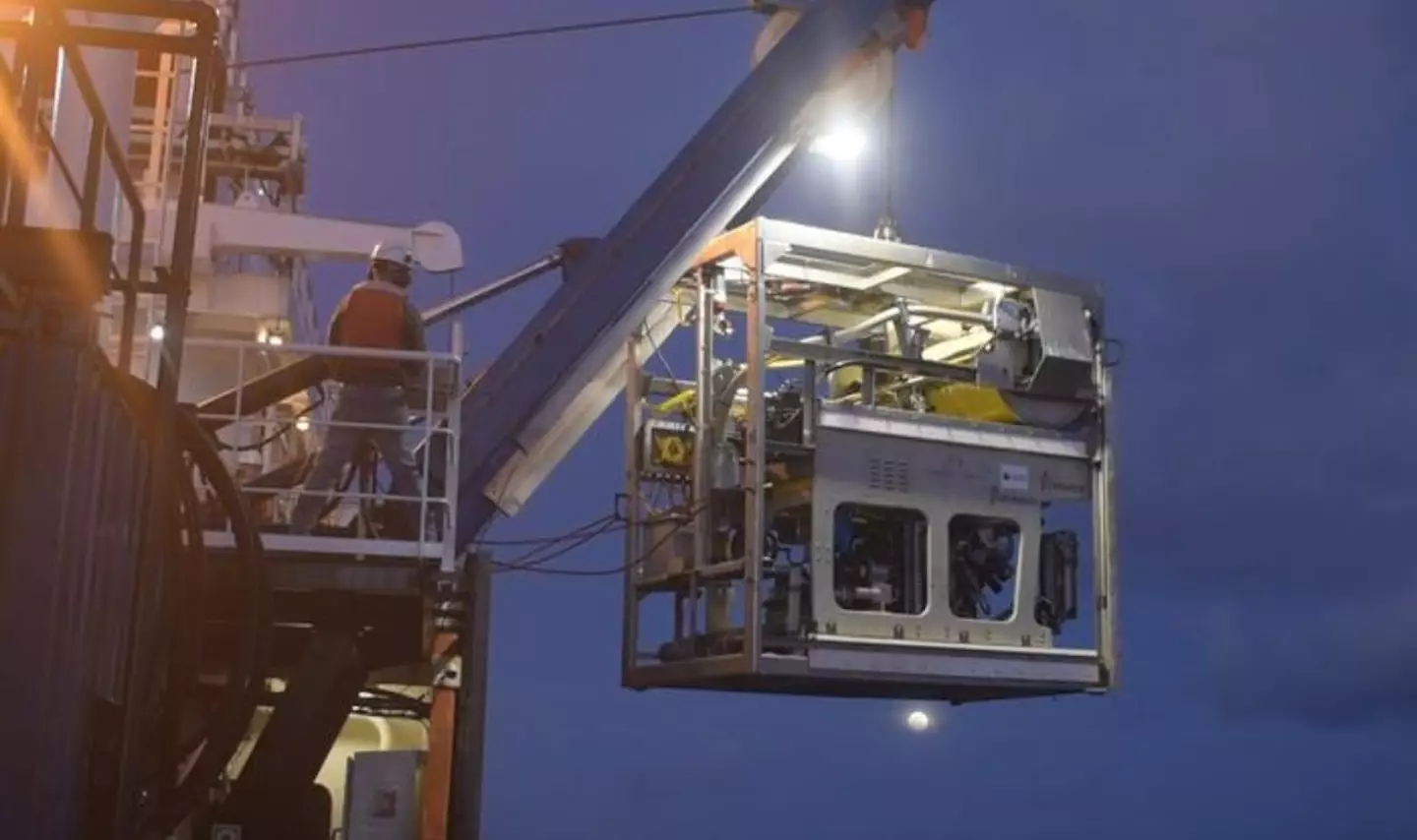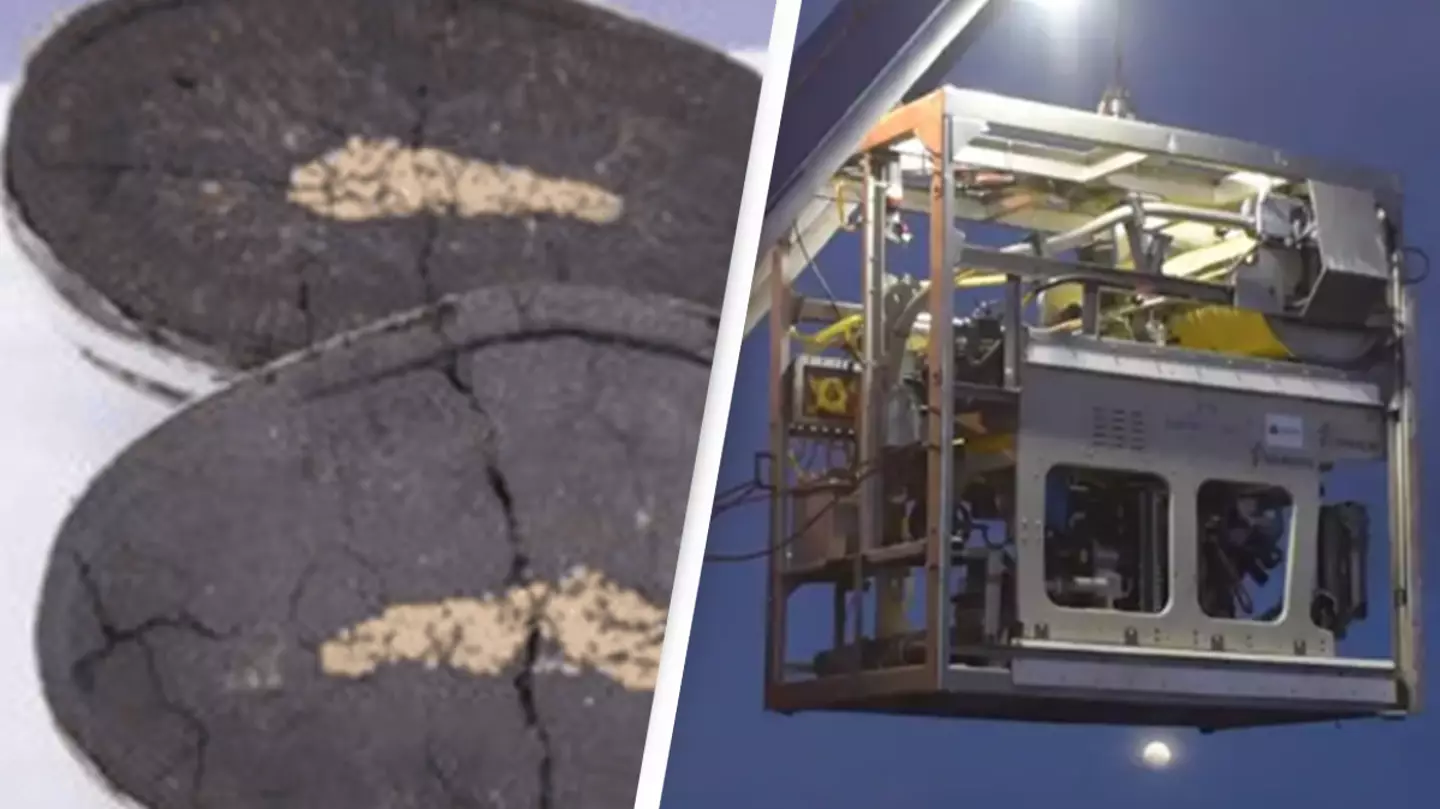In a groundbreaking development, Japanese researchers have unearthed a massive supply of magnesium deposits crucial for the nation’s economic security. A collaborative survey conducted by The Nippon Foundation and the University of Tokyo has revealed that the seabed surrounding Minami-Tori-shima Island is rich in about 610,000 metric tons of cobalt and 740,000 metric tons of nickel. These minerals are essential for manufacturing electric vehicle (EV) batteries, with the discovered quantities sufficient to cover 11 years of Japan’s domestic needs.

According to Nikkei Asia, the discovery was made between April and June when researchers explored 100 seabed sites. They used remotely operated underwater vehicles, diving to depths between 5,200 and 5,700 meters. The exploration led to the confirmation of dense manganese nodules scattered across the seabed approximately 1,200 miles from Tokyo. These nodules not only contain cobalt and nickel but are also believed to hold significant amounts of copper.
The formation of these nodules is a fascinating process, taking millions of years as metals transported by ocean currents adhere to substances like fish bones before settling on the ocean floor. A previous survey in 2016 noted that some of these nodules formed around the teeth of the Megalodon, the prehistoric shark known as the largest to have ever lived, existing from around 23 to 3.6 million years ago.
Professor Yasuhiro Kato, a resource geology specialist at the University of Tokyo, shared insights on the future exploitation of these resources. Plans are in place to commence commercial mining by 2025, with an aim to extract three million tons annually while minimizing environmental impact. This operation will involve the use of international mining vessels, capable of extracting several thousand tons of nodules each day.

The strategic significance of this discovery cannot be overstated for Japan’s EV industry, potentially reducing the nation’s reliance on foreign mineral sources and boosting domestic battery production. As reported by Interesting Engineering, leveraging these seabed minerals could be a game changer, enhancing Japan’s growth trajectory.
A press release from the University of Tokyo articulated high hopes for the project’s impact: “Ultimately, we expect that our research outcomes will help boost Japan’s growth by establishing a domestic supply chain stretching from ‘resource-mining’ to ‘manufacturing’, and make Japan a science-technology, and ocean-oriented nation in a true sense of the word.” The report also emphasized future plans to collaborate with researchers across various disciplines to develop more environmentally friendly technologies and high-performance materials using these newfound resources.

